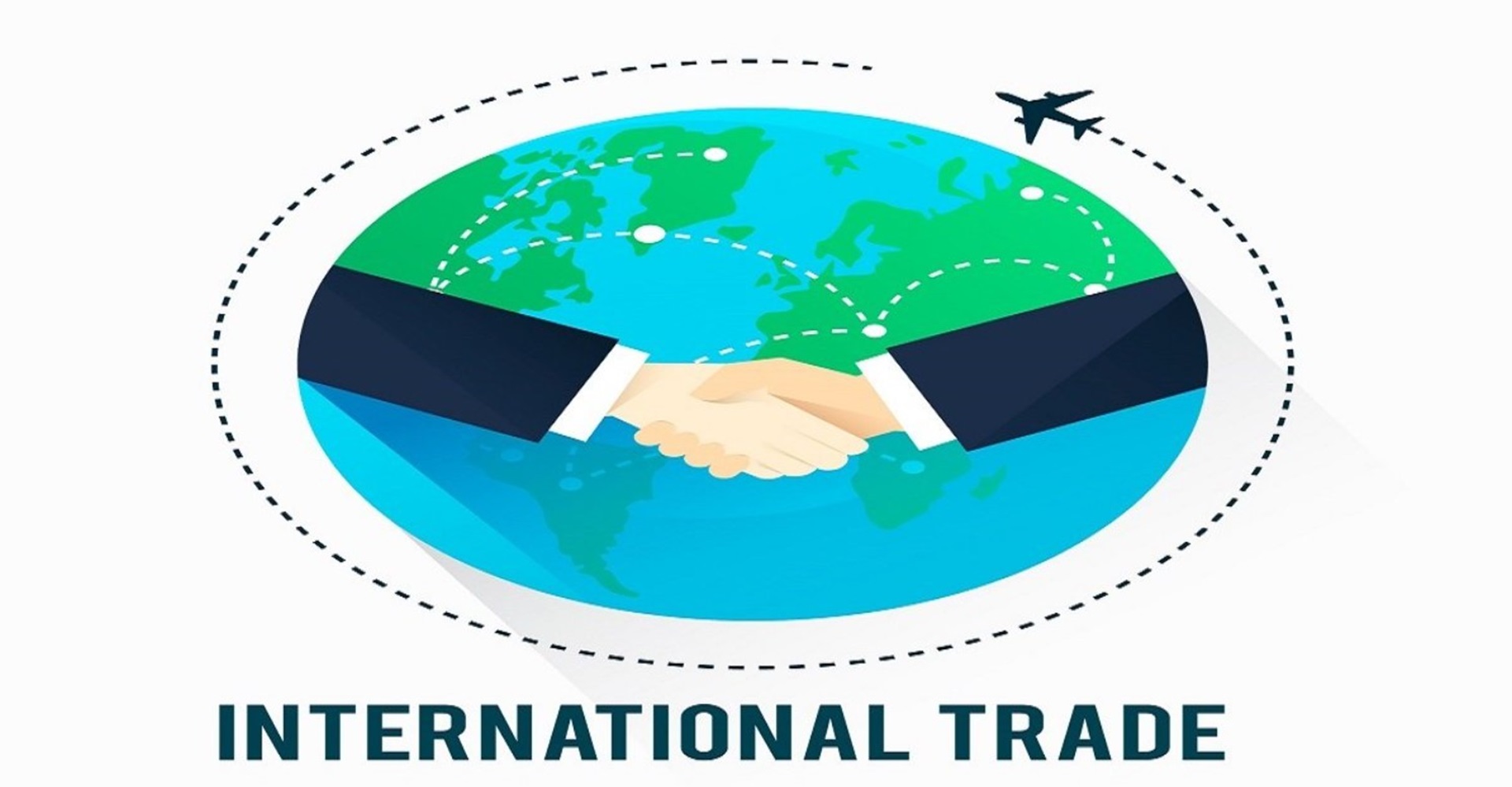Competition plays one of the most significant roles in the dynamic environment of the global business, impacting its structures and local policies. As well as promoting development. From the dawn of global commerce to the present-day complexities of trade wars and global supply chains, what role does competition play in international trade, has been multifaceted and profound.
This blog digs deep into how competition influences international trade. Exploring its benefits, challenges, and the dynamics that it introduces into the global marketplace.
Understand the Competition in International Trade
In the context of foreign trade, competition is the battle between different companies, sectors or nations in the global market. This competition can take different forms which include the price competition, quality competition, and technological competition. The purpose of this kind of competition is to promote the need for efficiency, innovation, and offer the consumers a greater variety of goods and services at relatively lower cost.
Historical Perspective on Competition in International Trade
To better understand the current meaning and purpose of competition in international trade. It is appropriate to examine its historical background. During the initial periods of the IT development, colonial powers were the ones to dominate the establishment of trade routes and gain monopolies with restricted competitions mainly among their own colonies. The industrial revolution altered this paradigm dramatically since improved technology, and increased production capabilities elevated global rivalry.
The period of post second world war witnessed the formation of organization like the General Agreement on Tariffs and Trade (GATT) and later the World Trade Organization (WTO). These organisations were built to progress rational competition and diminish barriers to commerce which in turn has led to the explosion of world trade and competition.
Benefits of Competition in International Trade
Here are some of the benefits of competition in international trade:
-
Increased Efficiency and Productivity
A desirable effect of competition in international trade is the efficiency and productivity enhancement it creates. This is because when firms of different countries compete with each other. This forces the firm to become efficient, effective and to use technology and network their supply chain. This has a positive effect of improving the efficiency in the use of resources and increased levels of production.
For instance, the rivalry between Volkswagen and BMW has encouraged improvements in the automotive devices, protection mechanisms, and efficiency in the consumption of fuel. It not only satisfies customer needs but also helps enterprises to constantly develop and create.
-
Enhanced Innovation
Competition promotes discipline and makes everyone come up with better ways to enhance the success of a common goal. Companies are encouraged to enter the arena and go for research and development (R&D) in the interest of getting a competitive advantage. This desire can extend to product and service development and even embrace the creation of new technologies that enrich people’s lives as well as fuel the economy.
Take, for instance, the technological industry where competition between such giant players as Apple, Samsung, Huawei, among others. Has led to enhanced development of smart technologies, particularly in the area of smartphones. All the companies compete with each other to gain market and innovation superiority which in certain aspect creates improved performance and new choices for consumers.
-
Lower Prices and Improved Quality
In a competitive international market, firms must offer products and services at attractive prices while maintaining high quality to attract consumers. This often results in lower prices and higher-quality goods for consumers. Competitive pressures force companies to find cost-effective ways to produce their products without compromising on quality.
For instance, the competition among global retailers. Such as Walmart and Amazon, has led to reduced prices for consumers on a wide range of products. Additionally, these retailers often provide high-quality customer service to differentiate themselves from competitors.
-
Greater Consumer Choice
Competition expands the range of products and services available to consumers. With multiple firms and countries vying for market share, consumers benefit from a diverse array of choices. This variety allows consumers to select products that best meet their preferences and needs.
A practical example can be seen in the global food industry. International competition has led to the availability of diverse food products from different regions, offering consumers unique and varied culinary experiences that would be limited in a less competitive market.
The Role of Government Policies and Regulations
Governments play a crucial role in shaping the competitive dynamics of international trade through policies and regulations. These policies can either enhance or mitigate the effects of competition, influencing the overall balance of trade and economic well-being.
-
Trade Agreements and Tariffs
Governing international competition is another crucial aspect of trade whereby governments utilize trade agreements and tariffs. FTAs involve the mutual elimination of tariffs or other measures that might hinder trade and thus lead to increased competition and opportunities for businesses. On the other hand, protective tariffs and trade barriers can shield local industries from outside competition, but they cause trade wars and retribution.
For instance, the North American Free Trade Agreement (NAFTA), which was succeeded by the United States-Mexico-Canada Agreement (USMCA) established cooperation that intended to enhance trade and competition between Canada, Mexico, and the United States through liberalizing tariffs and trade barriers regulation.
-
Antitrust and Competition Laws
To prevent anti-competitive practices and ensure fair competition, governments implement antitrust and competition laws. These laws aim to prevent monopolies, promote market entry for new firms, and protect consumers from unfair practices.
The European Union’s competition policy, for example, regulates mergers and acquisitions to prevent the creation of monopolies and ensure that competition remains fair and robust within the internal market.
-
Support for SMEs and Innovation
Governments also play a role in supporting small and medium enterprises (SMEs) and fostering innovation. Policies that provide access to financing, reduce regulatory burdens, and support R&D can help smaller firms compete more effectively in international markets.
Programs such as the European Union’s Horizon 2020 initiative offer funding and support for research and innovation, enabling SMEs to participate in global markets and compete with larger players.
The Future of Competition in International Trade
The nature of competition in international trade is likely to undergo significant changes as globalization continues to evolve. Technological advancements, shifting geopolitical dynamics, and evolving consumer preferences will shape the future competitive landscape.
-
Digital Transformation and E-Commerce
Digital technologies and e-commerce are becoming prevalent in today’s world and international trade too as the new competition is being introduced. Businesses are capable of selling to consumers across the globe through the internet thus increasing competition and the entry barriers to the markets are minimized.
Technological advancements as exemplified by Alibaba, Shopify and others provide an insight to how technology platforms will reinvent competition in different ways.
-
Sustainability and Ethical Competition
There is an increasing emphasis on sustainability and ethical practices in international trade. Consumers and businesses alike are prioritizing environmental and social responsibility, prompting firms to adopt more sustainable practices and compete based on ethical considerations.
The rise of eco-friendly products and sustainable supply chains reflects this shift, with companies competing to demonstrate their commitment to environmental and social stewardship.
-
Geopolitical Tensions and Trade Wars
The political interests and the trade wars between countries may remain the factors affecting the relationships on the international level of competition. The recent trade wars, tariffs, and protectionism are an indication of how trade relations can cause distortions in the supply chain and bring about instability in the global markets.
These unsettled trade relations between the two superpowers provide an example of how geopolitics can influence the nature of rivalry and the structure of the global trade landscape. How Does The Census Of Wholesale Trade Classify Wholesale Intermediaries?
Wrapping Up
Competition is largely implicated in the global relations as it contributes to the benefits of international trade, and also as a threat and risk factor. It goes beyond impacting just the business activities, its products, and services. The way global markets work and people’s lives as well.




